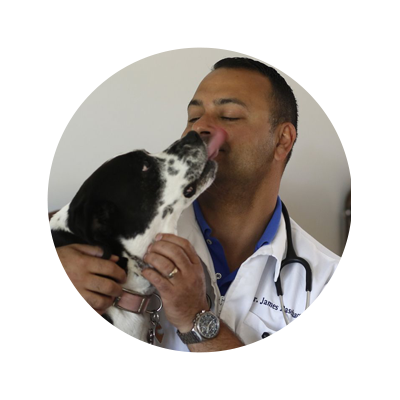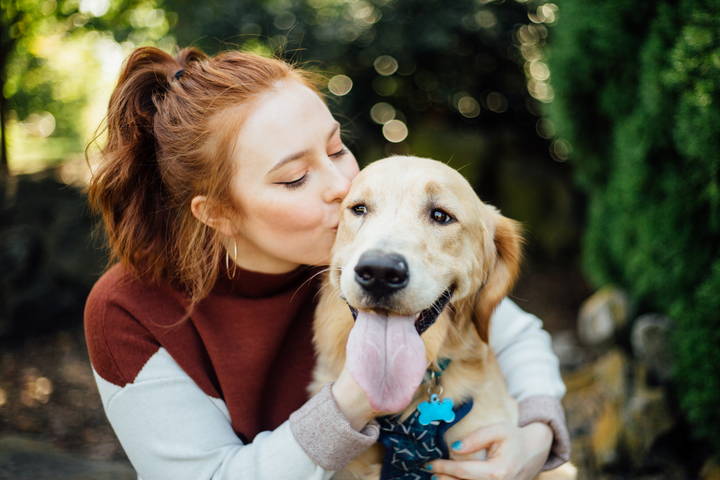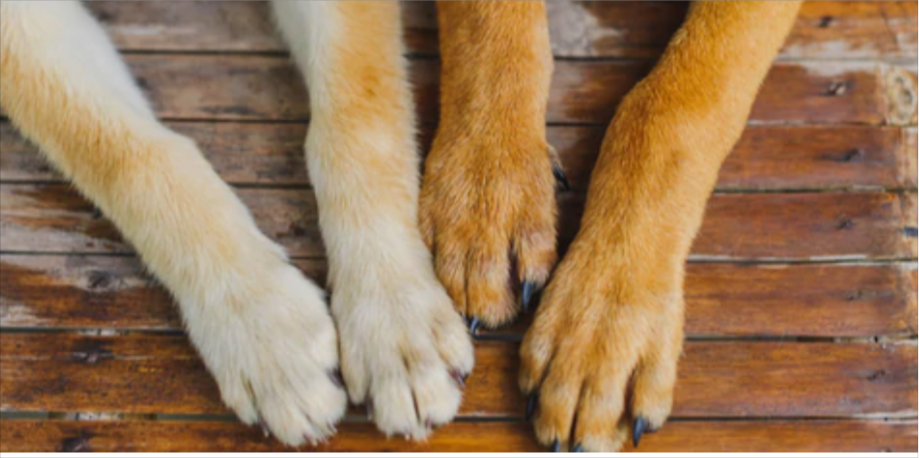We love our pet cats for all of the comfort and cuddles they provide. But cat ownership is a big responsibility, and caring for a fluffy feline also means dealing with their occasional less-than-ideal health issues. If your cat is leaking brown fluid from their hind end, it could be a cause for concern.
Understanding the cause behind the leakage is the first step in addressing the issue and getting your cat’s health back on track.
WHY DOES MY CAT HAVE A LEAKY BUM?
Reasons why your cat may be leaking brown fluid include:
DIARRHEA
Quite simply, your cat may be experiencing diarrhea due to a stomach bug or a food irritation. Cats are typically capable of controlling their bowels, so if your cat can’t make it to the litter box on time, it means their urge to purge might be severe.
Diarrhea can lead to dehydration, so it’s best to consult your vet if your cat’s symptoms persist past 24 hours.
GASTROINTESTINAL ISSUES
Cats can be subject to many different gastrointestinal (GI) issues, many of which can cause diarrhea and brown discharge. Some common GI issues include colitis, which entails the frequent and painful passing of feces, and exocrine pancreatic insufficiency, which is characterized by large amounts of soft feces.
These are chronic issues that will persist over a long period of time, so consult with your vet if your cat is experiencing extended symptoms.
ANAL GLAND PROBLEMS
Cats have anal glands, also known as anal sacs, which are two small pouches that rest on either side of the anus. These anal glands normally secrete a small amount of anal fluid when your cat passes a bowel movement. However, these anal glands can become irritated or infected due to a variety of causes, many of which will lead to your cat leaking a brown discharge from their anus.
Healthy anal sacs will typically produce thin, yellow fluids concurrent with a bowel movement. Diseased and infected anal sacs will produce a thicker, brown discharge that may leak unpredictably. Some concurrent symptoms of anal gland problems include a repeated licking of the anal area, and visible inflammation or swelling of the anal glands.
If you believe your cat is experiencing anal gland problems, it’s best to see a veterinarian, as they may need to manually express the glands. Fortunately, there are also some preventative measures you can take to avoid this unpleasant experience altogether.
If your cat is leaking brown fluid, it is a sign that they may be dealing with an underlying health issue. The symptoms behind this unpleasant experience are important to understand. If you’re concerned, seek out medical attention. The sooner the issue is addressed, the sooner your cat can return to the adorable fluffy friend you know and love.
Sources

Join the Pack!

Sign up for exclusive deals, curated pet tips from veterinarians, and product launches!
Pet Parents are Also Reading...
April, 2021
Related Articles
July, 2021
October, 2020
October, 2020













